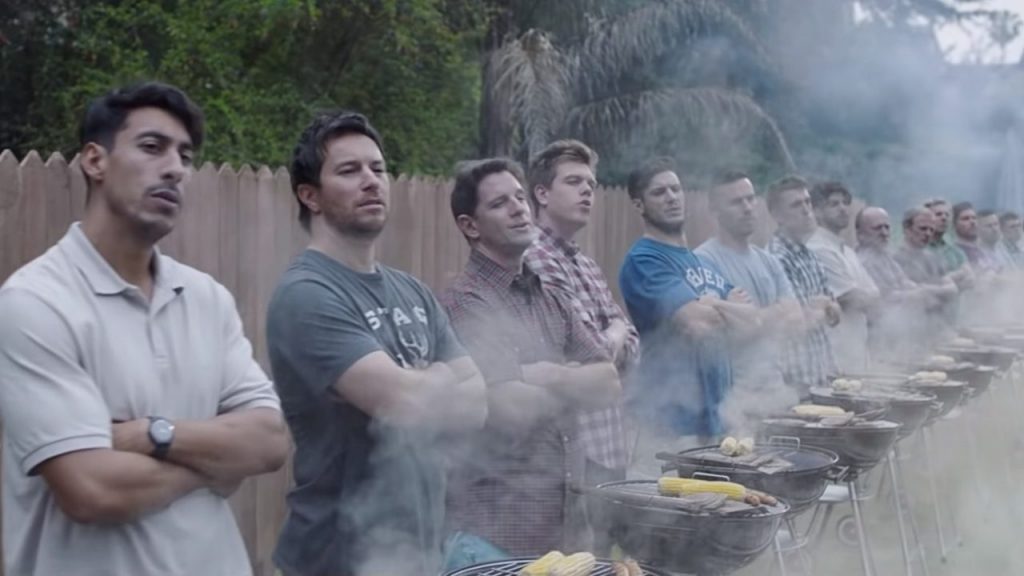What Does Gillette Toxic Masculinity Ad Tell Us About Ourselves?
What role should major corporations like Gillette play in our conversations around politics, race, and gender?

This week, Gillette released an ad challenging men to be better — to women, to kids, to each other.
It calls out bullying, sexual harassment, violence, and just about all aspects of the culture of toxic masculinity that is pervasive in our society.
Reactions to the ad have been mixed. In fact, if you go read the comments section on most social media posts about the ad, there’s quite a backlash. The negative reactions seem especially prevalent from men who feel somehow threatened by its message. Now, there are calls for boycotts against Gillette all over the internet and conservative media.
This is all the result of a commercial that’s moral seems pretty innocuous. Challenging men to treat people with respect: Is that really a divisive message?
On Detroit Today, Stephen Henderson and guests talk about the societal value, as well as the media value, of something like this. What role should major corporations like Gillette play in our conversations around politics, race, and gender?
Henderson speaks with Lee Wilkins, professor emeritus of communications at Wayne State University. And he talks to Amanda Mull, staff writer for The Atlantic, who recently wrote a piece titled, “Millennials Stare Into the Void, and Gillette Stares Back.”
Click on the audio player above to hear those conversations.
